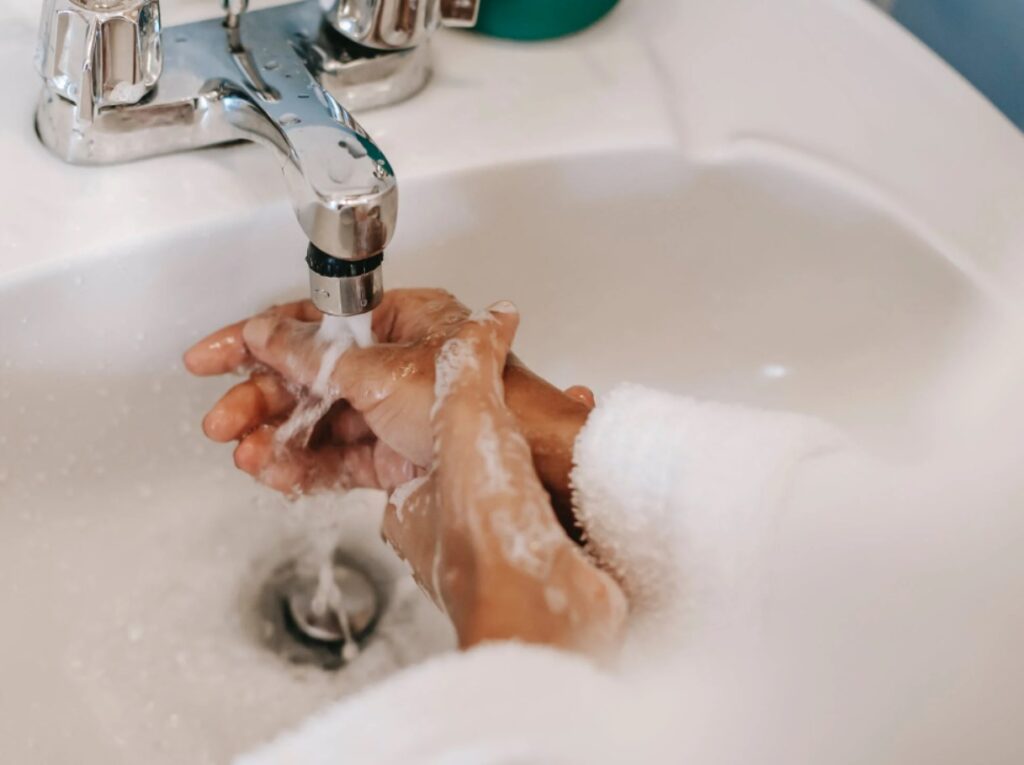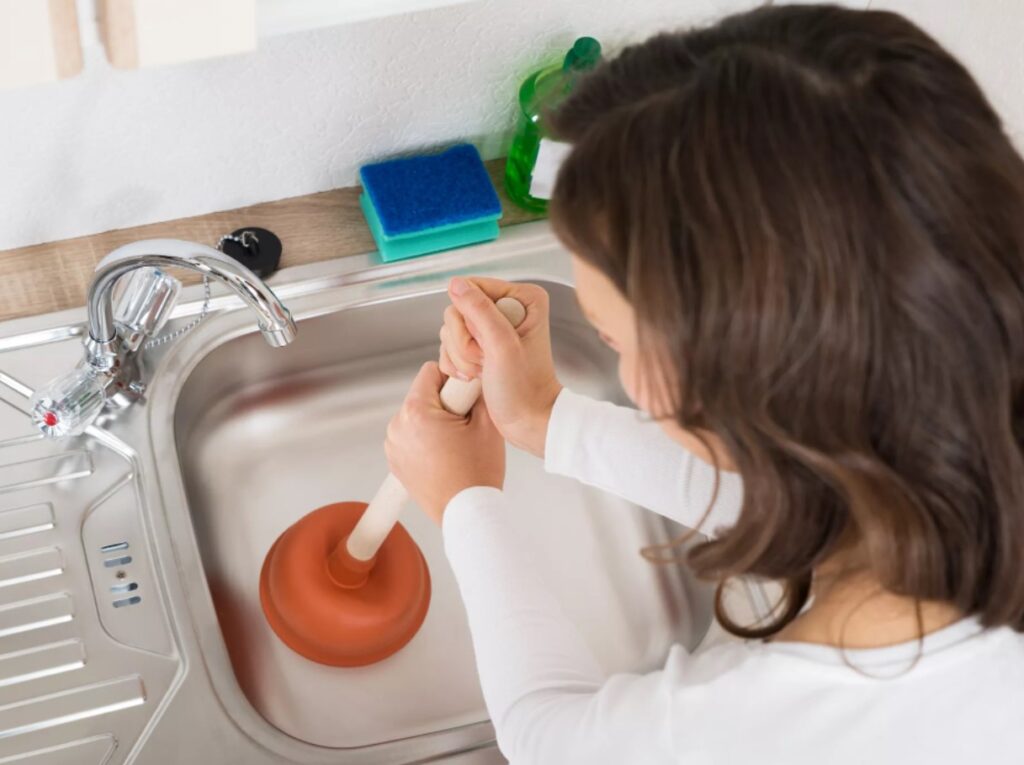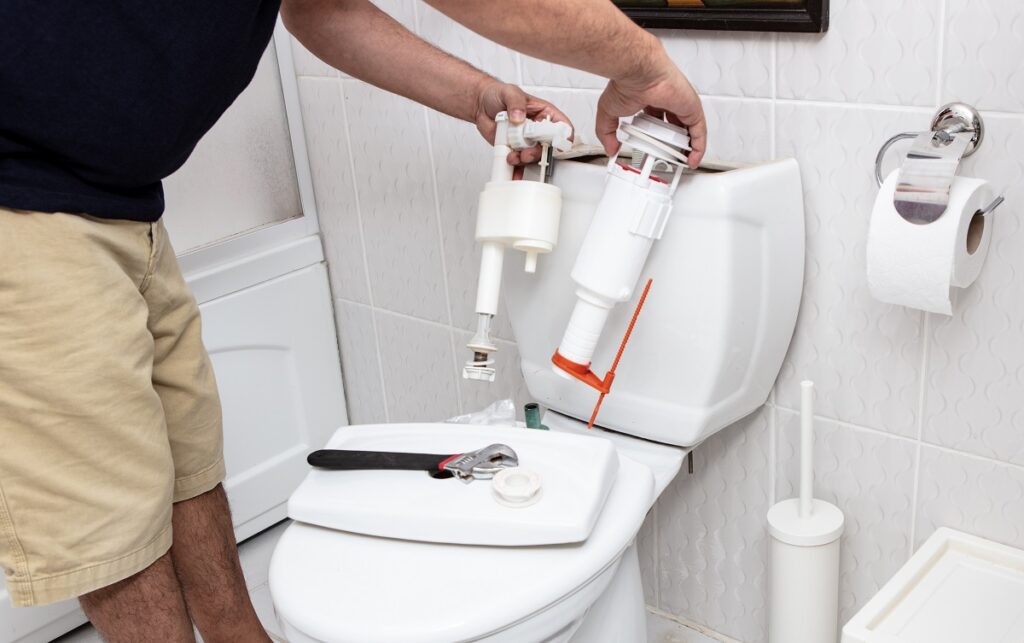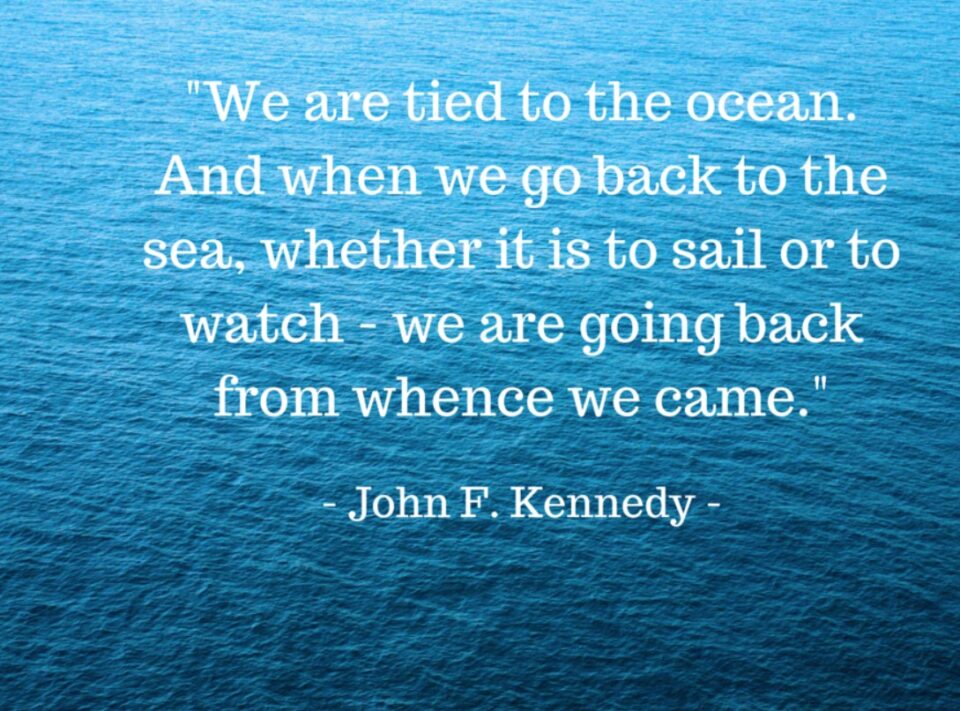Water is the single most important entity that is required to sustain life on Earth. All living creatures, including plants and animals, need water to survive. From the Arctic to the Pacific, the oceans of the Earth cover more than seventy percent of the surface. Most of the water that assists life comes from the five oceans of the Earth. But, only one percent is what can be used, the rest is either saltwater or glaciers.
Therefore it is important that we begin to adopt practices that contribute to conserving this water and make it available for future generations.
Water is the bare necessity for survival. For humans it is a means for survival; to drink, to bathe, to cook, and to clean. Therefore when the average man no longer treads carefully and does not take measures to reduce water wastage, then it can have drastic impacts on the collective water source and potentially lead to the depletion of all living creatures, including us humans. There are simple solutions to fixing the problem of domestic water wastage, but first, it is important we identify how water is wasted, as can be seen below.
Water Wastage At Home:

While there is a rise in awareness relating to the concept of sustainability, many people still do not acknowledge the benefits of it and continue their lifestyle as it were. This lifestyle includes unproductive practices which deplete the water resources. The use of faulty drain pipes, keeping the water open while you brush your teeth, or even having a dripping faucet can waste huge amounts of water. Each drop is important.
Toilets are perhaps the largest user of water in the entire house, using up to four to six gallons of water with each flush. Many still use it as a trash can. Not only does this waste extreme amounts of water but it also damages the drainage pipes. Damage to these pipes can lead to further water leakages.
Additionally, the practice of taking long showers or baths may seem normal to many. If a household of five people, each taking up to ten minutes to shower, will lead to unproductive use of about one hundred gallons of water. Leaving the water running while rinsing dishes also contributes to this water loss.
What You Can Do About It:
We have discussed the importance of water on survival. Therefore it is of immense importance that we begin to take fruitful steps towards sustainability. Below are some ways you can reduce water wastage at home.
1: Small differences go a long way

It may be an unrealistic expectation to think you can transform your lifestyle in a day. Instead focusing on the smaller tasks that need work is the way to go. Transitioning from one thing to another is always hard. Do not be discouraged thinking nothing will change. The small differences will contribute to a long-term effective outcome.
Close the faucet when you brush your teeth. Make sure it is not dripping when you are leaving the bathroom.
Check for any other leakages in taps. A washing machine will consume the same amount of water if it is half full or completely full. Do not operate laundry loads when the machine is only half full. Washing dishes with running water will also lead to a lot of water wastage. Instead, fill the sink with water once and rinse all dishes together. If you use a dishwasher try to run it when it’s completely full too.
If you’re a gardening enthusiast you would already know it’s not recommended to overwater your lawn. Try to use sprinklers with fixed capacity so you know how much water is being consumed by the lawn.
If you are going to set up a pool for your home, you should make sure you don’t use too much water. Make sure that your pool is clean and only fill them with the necessary amount of water. During hot summer days, there will be times of drought. If you want to help conserve water, you should refrain from filling up your pool to the brim.
2: Check your drain pipes

Major water losses mainly occur in the drainage system of your home. Call a professional to inspect if there’s any damage to your pipes. It is recommended you get them checked once every year. Look out for signs of damage such as seepage on the wall or wet patches. If the pipes are damaged, consider choosing reliable pipes such as cast iron or cement. Bends in the pipes are usually where most of the damage takes place. To avoid this, find a ball valve manufacturer to find suitable connectors to your pipes.
You should also check for holes and damage from animals. It is also a good idea to check for rusts, and leaks. If you find any damage, you should not delay. Make sure to fix them as soon as possible. You don’t want the damage to spread to other parts of your pipe system.
3: Fix the toilet

As discussed above the toilet uses the most water in the house. Avoid throwing your trash in the toilet, instead place a trash can in the bathroom. Throwing trash in the toilet also damages the drain pipes and causes water leaks. If you notice continuous water flow, call a plumber immediately. Technology has evolved and it’s time your toilet does too. The market now offers water-efficient and low-flush toilets. Consider replacing yours if it’s older than 4 years.
You should also check your toilet for any loose fittings. This will stop any leaks from happening. The fittings should be firmly placed, and well grafted to the floor.
Conclusion
Without water life on this planet would be impossible and since we don’t have other planets to go to it’s time we sustain the one we have. Start making smart life choices and you’ll begin to notice how small steps go a long way.

